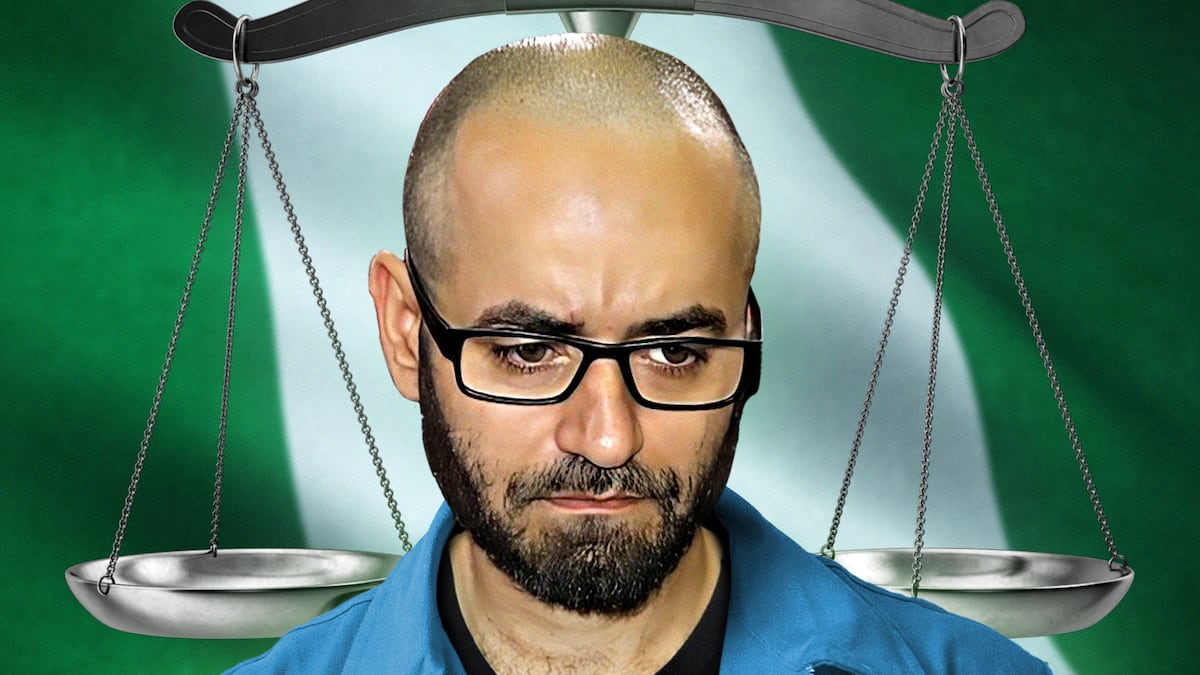A version of this story appeared in our The Roundup newsletter on October 11. Sign up here.
Tigran Gambaryan’s ordeal ended this week. Binance’s legal woes in Nigeria did not.
This is the upshot from a dramatic turn of events in one of the most closely followed legal cases in crypto. On Wednesday, Nigerian authorities dropped charges against Gambaryan, a 40-year-old Binance compliance executive, and released him from custody.
As Osato Avan-Nomayo reported, Gambaryan made a swift departure from the African nation and headed home to his family in suburban Atlanta. It turns out the Biden Administration’s diplomatic efforts played a key role in getting the Nigerians to act and let Gambaryan come home.
But it took a while.
In February, Gambaryan was detained by Nigeria’s anti-corruption agency after he arrived to talk to government officials about Binance’s operations in the nation.
For months, Gambaryan was incarcerated in a prison in Abuja, the Nigerian capital. Suffering from malaria and a herniated disc in his back, as well as a bout of pneumonia, the Binance man struggled to defend himself in his trial on a money laundering indictment.
At one point, he collapsed in the courtroom.
From the get-go, Gambaryan’s lawyers argued he was being used as a “state-sponsored hostage” in connection with the government’s long-running battle with Binance, which operates in Nigeria without a licence.
Even as US lawmakers visited him in prison and called for his release, there seemed to be no movement whatsoever on the part of Nigerian officials. The court even denied Gambaryan bail during his trial.
Now the spotlight will turn to Binance itself, which is still facing prosecution on money laundering charges in Nigeria. The company has denied the allegations. The trial is scheduled to begin in November.
In other news, Maker founder Rune Christensen said he made a “typical DeFi mistake” when he pushed a rebrand that saw the storied stablecoin issuer ditch the Maker name in August.
As Aleks Gilbert and Liam Kelly reported, Maker opted to change its name to Sky with an eye to taking DeFi mainstream by introducing a user-friendly brand, new tokens, and new ways to earn yield.
But Maker loyalists baulked. “It’s not an easy feat to be the oldest protocol in DeFi, trusted by whales for almost a decade, and Sky would start from 0 in that department.”
Another DeFi stalwart, Cardano, was also in the news thanks to a profile of founder Charles Hoskinson by Ben Weiss.
In a wide-ranging interview, the Ethereum co-founder explained why he searches for extraterrestrial life, develops glow-in-the-dark weed, and believes stem cell research may hold answers for longevity science.
Ed Robinson is DL News’ Story Editor. Got a tip? Email at ed@dlnews.com.
